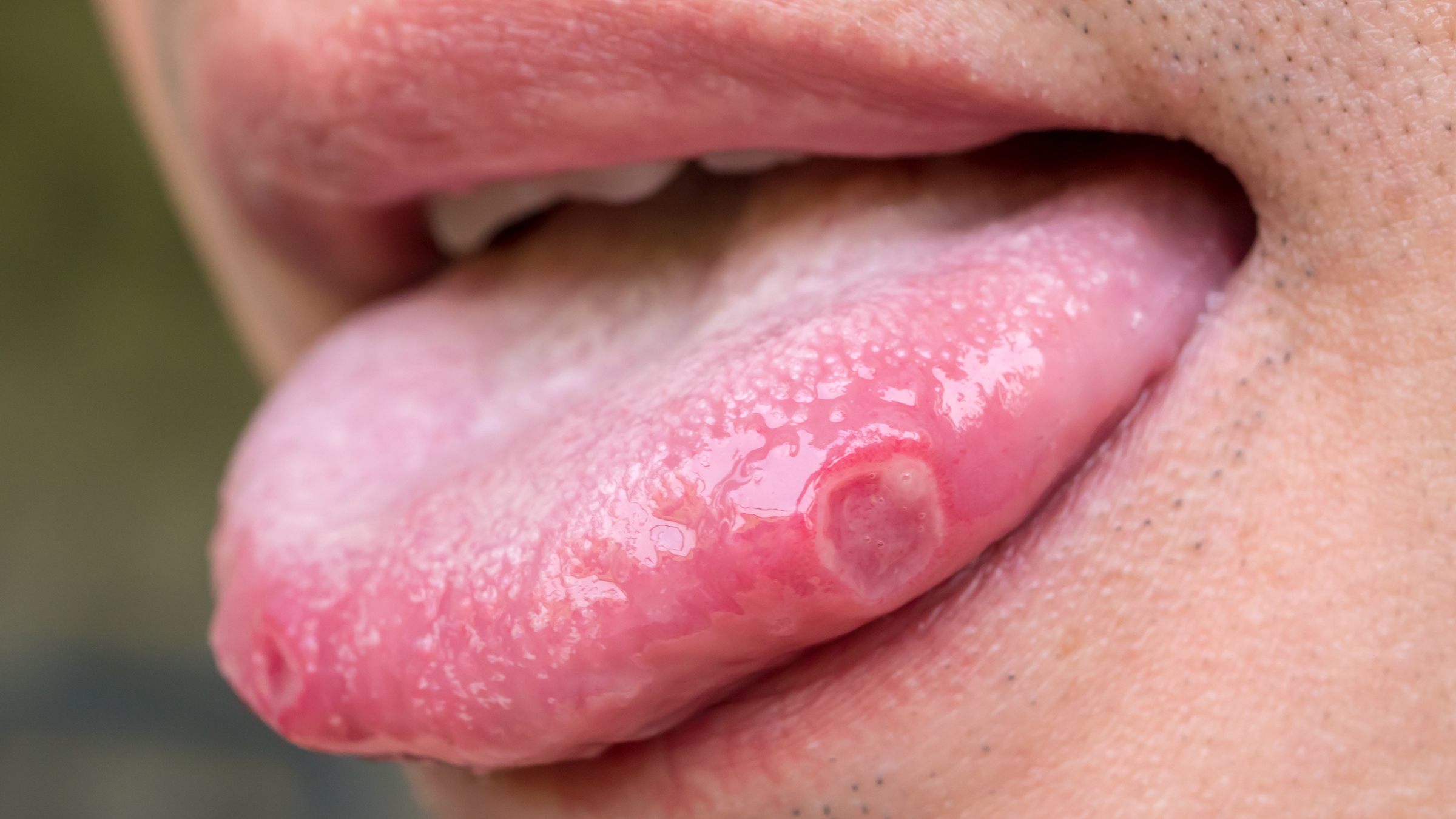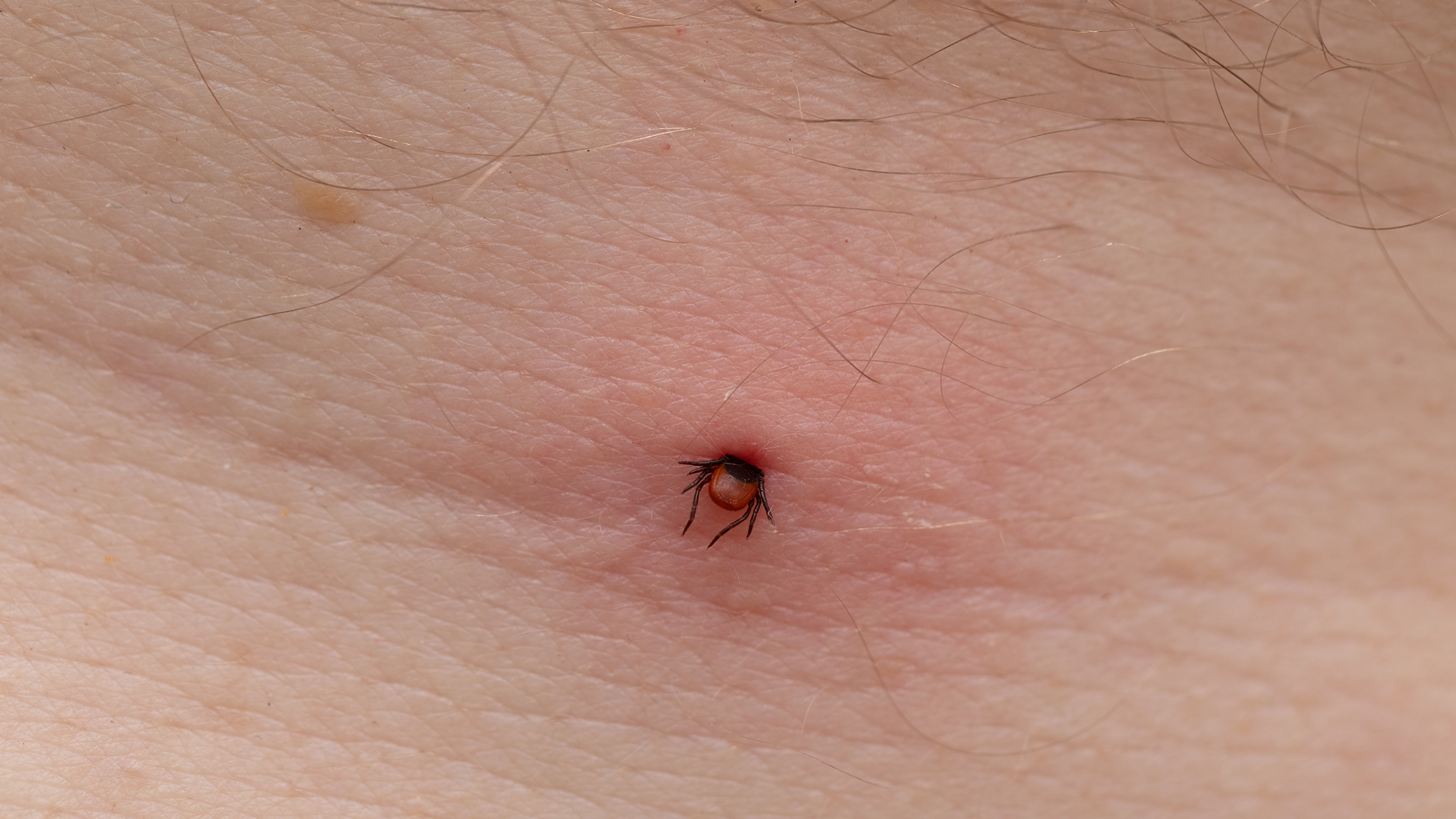
All About Mumps: The Painful Virus Explained
Key takeaways:
Mumps is a viral illness that causes painful swelling of the salivary glands, tesicles, and ovaries.
Mumps can also lead to other serious health conditions, like permanent hearing loss and seizures.
There’s no treatment for mumps, but vaccines can keep you from getting sick.

Mumps is an illness caused by the mumps virus. Transmission of the mumps virus is from person-to-person through respiratory droplets, just like the flu and COVID-19.
Mumps infections are rare in the U.S. because of vaccinations. But outbreaks still happen from time to time, especially in places where people spend a lot of time together, like dorms and workplaces, as well as among sports teams and church congregations.
Though most people with mumps have a full recovery, some people do experience significant medical issues.
What are the most common mumps symptoms?
Some people with mumps don’t have any symptoms. But most people have symptoms like:
Fever
Muscle aches
Fatigue/feeling tired
Headache
Loss of appetite
These symptoms start between 12 and 25 days after you’re exposed to the mumps virus. Symptoms last for 3 to 4 days.
After these symptoms, some people develop swelling of their salivary glands. The salivary glands are the three sets of glands in the mouth that make saliva. They include the:
Parotid glands
Sublingual glands
Submandibular glands
The parotid glands are the most likely to get swollen. But some people develop swelling in all of the glands. The swelling is very painful and makes it hard to swallow, eat, and drink. This swelling and discomfort can last anywhere from 5 to 10 days.
What health issues are associated with mumps?
Mumps infection sometimes leads to other health conditions, including different types of inflammation. We’ll review common types here.
Testicle inflammation (orchitis)
Orchitis is when the testicles become red, swollen, and painful. About 30% of males with mumps experience orchitis.
The good news is that studies haven’t linked mumps orchitis to male infertility. But it can cause testicular shrinkage, which can lead to decreased sperm counts.
Ovary inflammation (oophoritis) and breast inflammation (mastitis)
Oophoritis is when the ovaries become swollen, which causes severe abdominal pain. Mastitis is swelling of the breasts that’s also very painful. About 1% of females with mumps experience these painful symptoms.
Brain swelling (encephalitis) and meningitis
Mumps can also cause swelling of the brain (encephalitis) and meningitis. These conditions cause headaches, fever, neck pain, and confusion.
People with meningitis and encephalitis usually need to be monitored in a hospital. These conditions may lead to complications, like hearing loss and seizures.
WHAT TO READ NEXT
What is the treatment for mumps?
There’s no treatment for mumps. People have to wait while their immune system fights off the virus. In the meantime, they can experience a lot of pain.
Healthcare providers can prescribe acetaminophen or ibuprofen to help with pain relief.
Do people have a natural immunity to mumps?
Studies suggest that people born before 1957 have natural immunity to mumps. That’s because mumps outbreaks happened quite often before 1957. So it’s likely that most people born during this era were infected with mumps at some point in their lives and developed immunity.
But it’s unlikely that people born after 1957 have natural immunity to mumps. That’s because mumps outbreaks are much more rare due to vaccinations.
Nowadays, vaccination against mumps is the best way to prevent a mumps infection. The MMR vaccine is a two dose vaccine that is available for children and adults. It offers protection against mumps, measles, and the rubella virus.
Can you get mumps even if you’ve been vaccinated?
You can still get mumps even if you’ve received the MMR vaccine. But you are much less likely to catch the virus if you’ve been vaccinated.
Plus, people who’ve been vaccinated have fewer symptoms if they get mumps. And they’re less likely to develop other health complications from mumps like meningitis or orchitis.
Why do mumps outbreaks still happen?
Even with high rates of vaccination, mumps outbreaks still happen. Scientists believe this happens for a few reasons:
Better testing: In the past, there weren’t tests for mumps. Providers based a mumps diagnosis on someone’s symptoms. So people who didn’t get sick enough to seek medical care never got diagnosed. Now, with easily available testing, people get diagnosed with mumps more often.
Decreasing immunity: Most people get vaccinated against mumps as children. After getting the vaccine, children develop antibodies against mumps. But these antibodies slowly disappear over time. This is probably why fully vaccinated people can still get mumps. But it’s important to remember that the antibodies don’t completely disappear. That’s why vaccinated people have fewer symptoms if they get sick with mumps.
Vaccine hesitancy: More people are foregoing vaccinations. This decreases herd immunity, which makes it easier for an outbreak to happen.
The bottom line
The mumps virus causes mumps. People with mumps can experience severe pain and swelling of their salivary glands, testicles, and ovaries. They can also develop more serious medical conditions like meningitis, encephalitis (brain swelling), and permanent hearing loss. There’s no treatment for mumps. But the upside is that there’s a vaccine that can keep you from getting sick with this painful condition.
References
Centers for Disease Control and Prevention. (n.d.). Mumps.
Centers for Disease Control and Prevention. (2021). Mumps. For healthcare providers.
Centers for Disease Control and Prevention. (2021). Mumps cases and outbreaks.
Connell, A. R., et al. (2020). Mumps outbreaks in vaccinated populations-is it time to re-assess the clinical efficacy of vaccines? Frontiers in Immunology.
Enders, G. (1996). Chapter 59 paramyxoviruses. Medical Microbiology. 4th edition.
Hviid, A., et al. (2008). Mumps. Lancet (London, England).
Marin, M., et al. (2018). Recommendation of the advisory committee on immunization practices for use of a third dose of mumps virus–containing vaccine in persons at increased risk for mumps during an outbreak. MMWR Morbidity and Mortality Weekly Report.
MedlinePlus. (2022). Salivary gland infections.
National Health Service. (2021). Complications.
National Health Service. (2021). Overview.
National Health Service. (2021). Symptoms.
Su, S. B., et al. (2020). Current status of mumps virus infection: Epidemiology, pathogenesis, and vaccine. International Journal of Environmental Research and Public Health.
Virginia Department of Public Health. (2018). Mumps.
Yung, C. F., et al. (2011). Mumps complications and effects of mumps vaccination, England and Wales, 2002-2006. Emerging Infectious Diseases.





